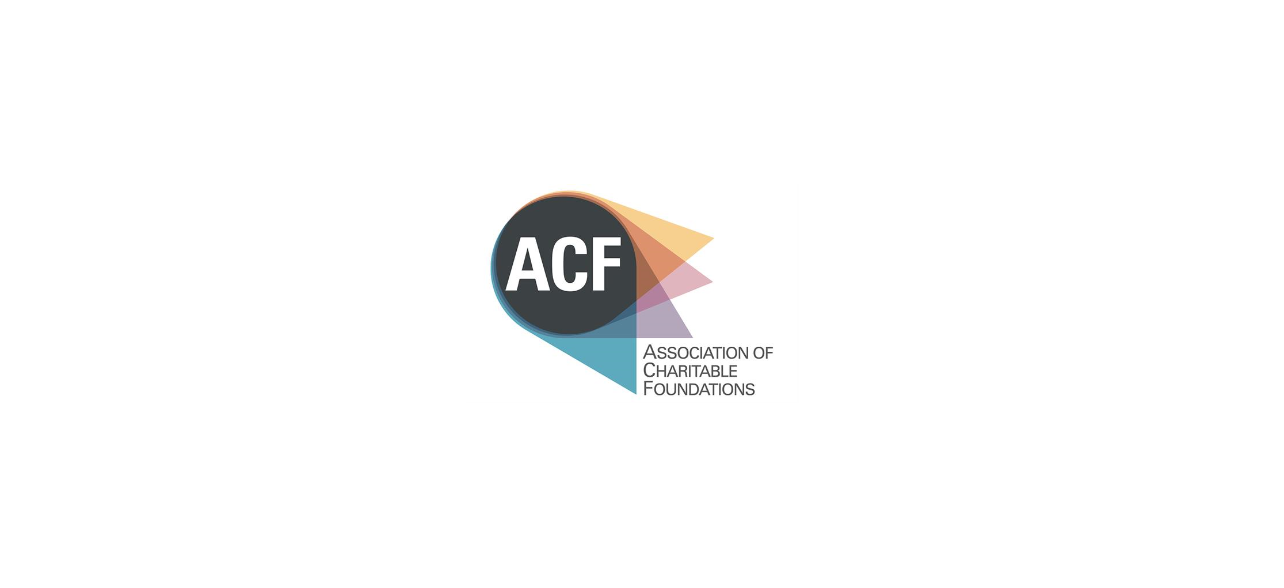The number of UK foundations with an explicit statement on diversity issues on their website or in their annual reports can be counted on the fingers of one hand. This is in stark contrast to our US counterparts, where statements on diversity are prominent.
But does it matter?
We are all well aware of the significant breakdown of public trust in charities following well-documented scandals at Kid’s Company, President’s Club, Oxfam, and Save the Children, to name just a few. There are myriad reasons for these failures but one overriding problem would appear to me to be an assumption on the part of some involved in these charities that the ends justified or excused the means. I can say from personal experience in the sector for over a decade now that I have witnessed such an approach too often to suggest these are exceptional aberrations.
Members of the ACF Stronger Foundations Diversity, Equity and Inclusion (DEI) working group recently had the benefit of some insightful research undertaken by Kelli O’Brien looking at how the largest UK foundations reflect DEI measures in their external communications. The working group discussed how far charities need to go. If a charity’s stated purpose is to improve diversity, equity and inclusion is that enough? Charities’ job is to do good, to deliver public benefit. That alone is just not enough, I would argue. It is equally important how an organisation delivers its mission. We need to walk the walk, not just talk the talk!
The question then is whether having a public-facing statement about an organisation’s approach to diversity will change anything or whether it is just a worthy, but ultimately pointless, cosmetic exercise?
You might detect from my framing of that question that I didn’t wholeheartedly embrace the idea at first! I was, in fact, pretty sceptical. However, I then thought about some recent significant cultural changes – on issues such as the diversity of company boards, gender pay inequality and social mobility. There are, of course, examples where public statements of commitment are merely window-dressing. However, a sense of momentum – and real change, however imperfect – has now developed on many of these issues thanks to the call for public reporting by organisations.
Remembering the famous Peter Drucker dictum – “If you can’t measure it, you can’t improve it”, I believe we should be encouraging – mandating even? – charitable foundations to say how they are building diversity, equity and inclusion into all aspects of their business. So, with a spring in my step I went back to the office and drafted our own first ever DEI statement.
You can have a read of it here.
As much as anything, drafting the statement was a useful way of looking properly at ourselves and how we operate. Do we really do all we can to operate by the values we have set for ourselves? We asked ourselves some pretty tough questions and shone a metaphorical spotlight on aspects of our business that we’d not properly considered through this lens. Sometimes, looking in the mirror really is the best perspective you can give yourself…!
I also think the staff team were pleasantly surprised that I was spending some time on these issues, so there’s already some benefits of this approach!
We recognise that there’s much more we can do but we thought we should still make a start to set our direction of travel. The statement draws a line in the sand for us and a set of expectations against which we can be judged, improving our accountability as a funder. We know that we will need to build on this statement, getting much crunchier and sophisticated in how we look at and assess progress on these issues. I’m proud that we’ve made a start. And we’d love to know what you think of it!
A personal blog first published on the Association of Charitable Foundation (ACF) Stronger Foundations initiative blogsite, reflecting discussions on the Diversity, Equity and Inclusion group of which Jonathan Freeman is a member in his role as CEO of the CareTech Foundation.

